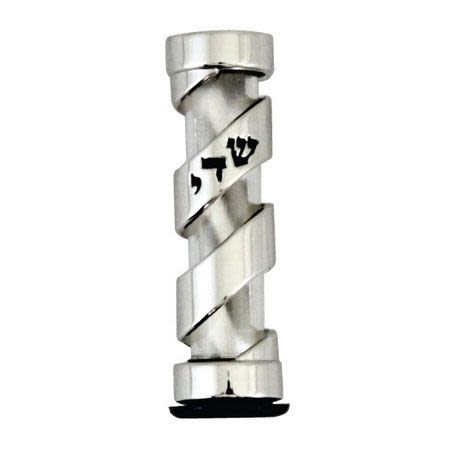
Tetzaveh: The Dignity of Clothing
Our clothing stresses those qualities that separate us from the animals and their simple physical needs, enabling us to attain a heightened sense of holiness and dignity…

Translated and abridged by Rabbi Chanan Morrison
Parshat Tetzave
"Make sacred clothes for your brother Aaron, for dignity and beauty. … They will be used to consecrate him and make him a priest to Me." (Ex. 28:2-3)
Why Do We Wear Clothes?
Clothing has a dual purpose. Its first function is utilitarian, protecting us from the elements — the cold and the rain, the wind and the sun. In this respect, our apparel corresponds to the fur of beasts and the feathers of birds. Except that the animals have it better. They never need to change clothes, or worry about acquiring new garments when they wear out or no longer fit. Their wardrobe comes naturally.
The second function of clothing, on the other hand, is unique to humans. Our attire affects our state of mind; it  influences how we feel about ourselves and the image that we wish to project. We feel unhappy when wearing unattractive or ill-fitting clothes, and feel good wearing apparel that is complementary. We feel comfortable in casual clothing, and dignified in formal wear.
influences how we feel about ourselves and the image that we wish to project. We feel unhappy when wearing unattractive or ill-fitting clothes, and feel good wearing apparel that is complementary. We feel comfortable in casual clothing, and dignified in formal wear.
This second aspect of clothing has great ethical value. It stresses those qualities that separate us from the animals and their simple physical needs. It enables us to attain a heightened sense of holiness and dignity. By covering our heads, wearing modest dress, and fulfilling the mitzvot of tefilin and tzitzit, we deepen our awareness of God's presence.
David's Punishment
When King David was old, living in his cold Jerusalem palace, he was unable to warm himself in the winter, no matter how many layers of clothing he wore (I Kings 1). Why was it that clothes no longer kept the king warm?
The Talmud explains that David was punished in his old age for a deed he had performed many years earlier. When King Saul was hunting for David in the caves of the Judean desert, David surreptitiously cut off the corner of the king's cloak while King Saul slept. For this act of disrespect towards clothing, David paid a heavy price. "One who treats clothing contemptuously, in the end will be unable to derive benefit from them" (Berachot 62b).
In light of our analysis of clothes, King David's punishment becomes clearer. The two aspects of clothing — its utilitarian and ethical functions — are interrelated. If we fail to appreciate clothing's contribution to human dignity and morality, raising us above the animals, then we have overlooked its principle benefit. It is only due to its spiritual value in acquiring refined traits that we also enjoy its physical benefit — providing warmth and comfort. If clothes were meant only to protect us from the elements, we would have been better off with a good coat of fur.
When David tore the royal garments, he belittled the key purpose of clothing. His punishment demonstrates that, stripped of its ethical function, clothing loses its true value. And then, even its utilitarian value is lost.
(adapted from Ein Eyah vol. II, p. 354)
* * *
Rabbi Chanan Morrison of Mitzpeh Yericho runs http://ravkookTorah.org, a website dedicated to presenting the Torah commentary of Rabbi Avraham Yitzchak HaCohen Kook, first Chief Rabbi of Eretz Yisrael, to the English-speaking community. He is also the author of Gold from the Land of Israel (Urim Publications, 2006).










Tell us what you think!
Thank you for your comment!
It will be published after approval by the Editor.